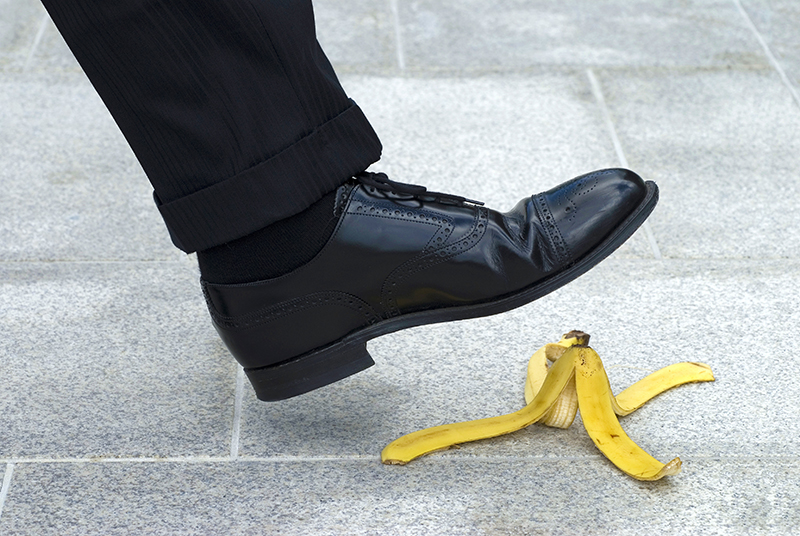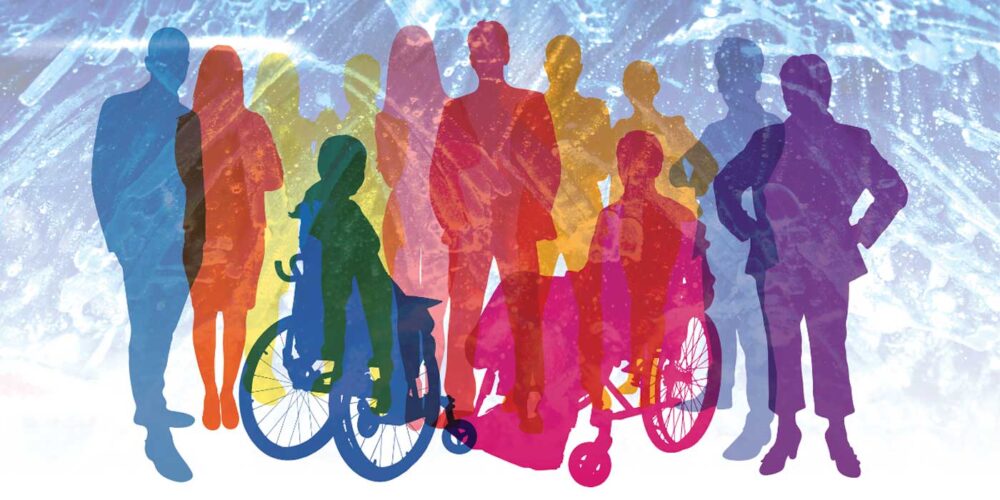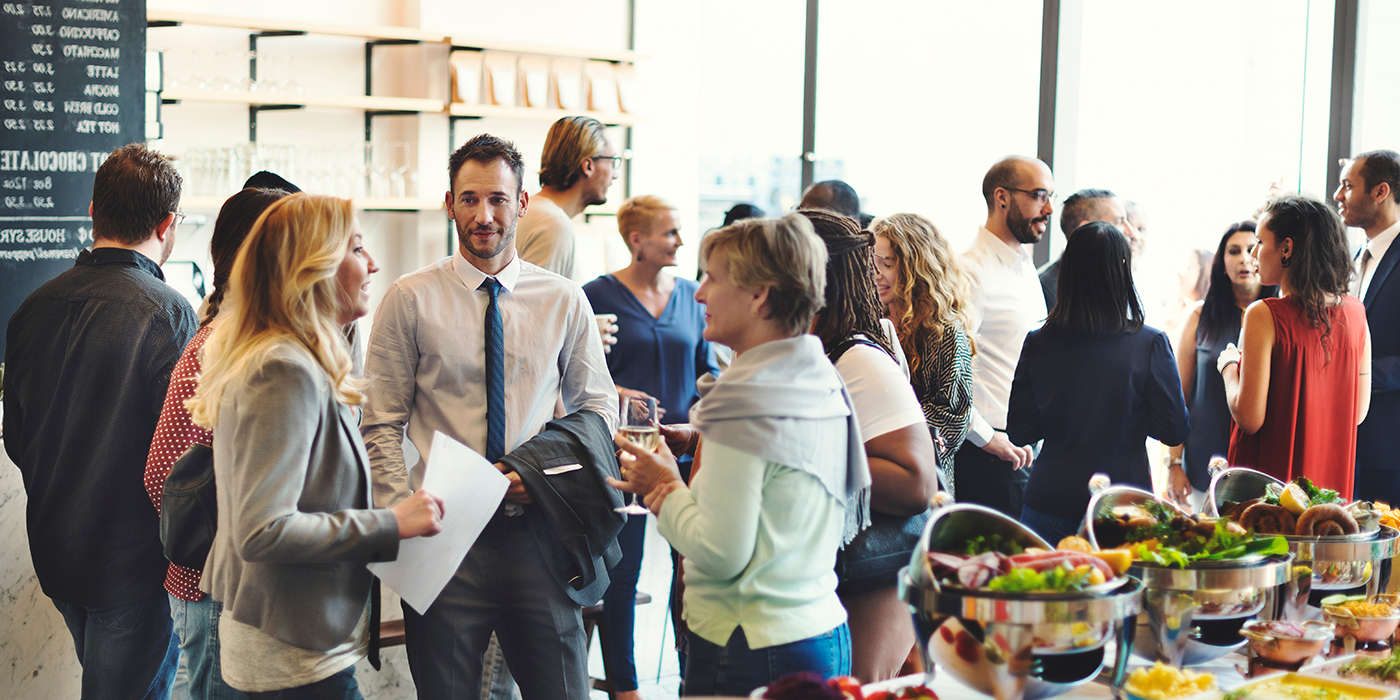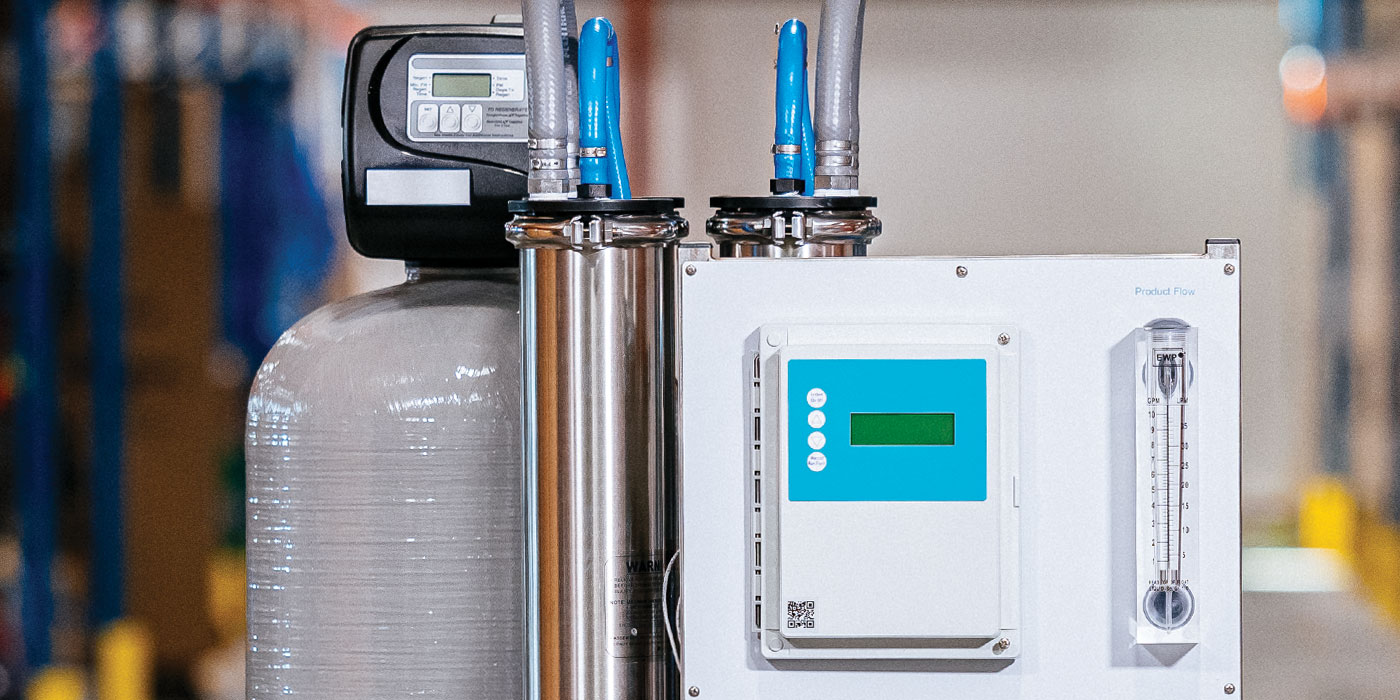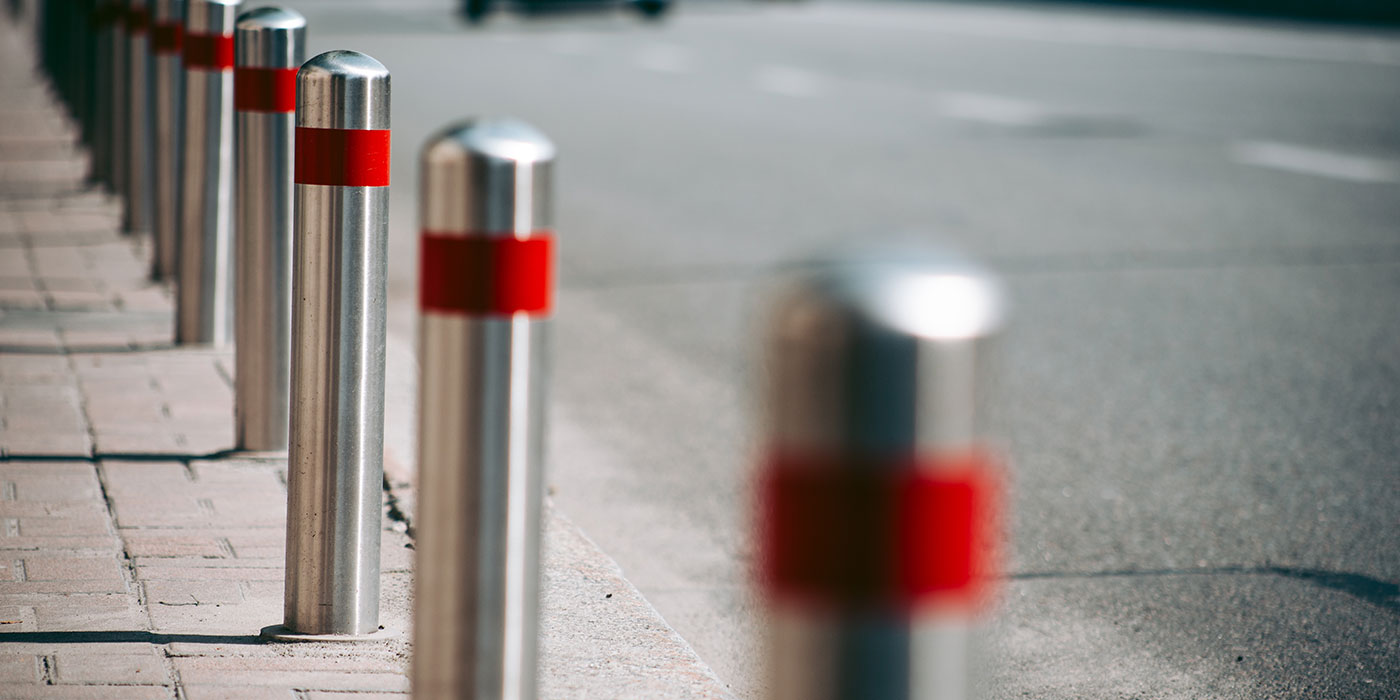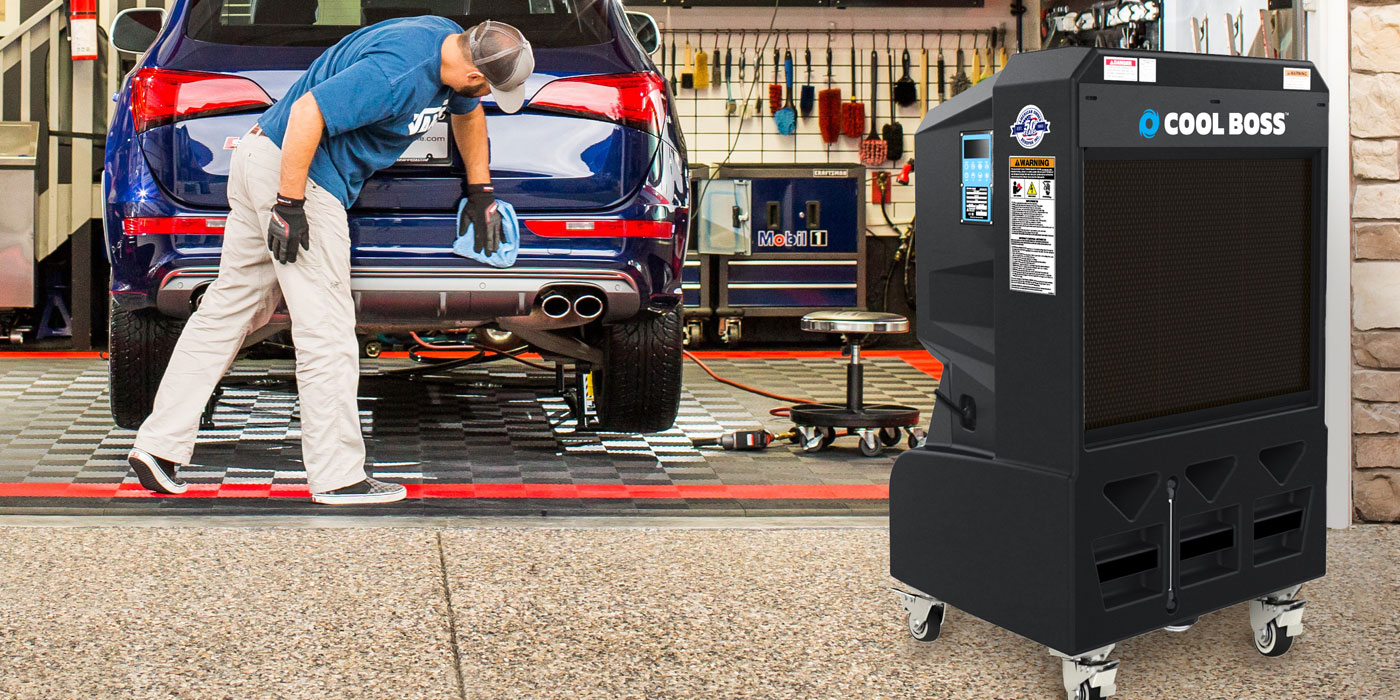Wherever there are employees and the public traversing across properties, there is always the risk that they can encounter slipping, tripping or falling hazards, which might lead to sustaining personal injuries. When you think about the many operations performed at most washes, the carwash industry is certainly no stranger to this exposure.
All property owners are painfully aware of this, and keeping themselves insulated from being held liable for these incidents is a significant daily challenge. It is a simple concept and should be easy to prevent. However, as one of the costliest claims experienced in our carwash insurance program, I can assure you that this appears to be grossly underestimated and overlooked by a majority of operators.
Related: Carwash Safety 101
Why prevention is the best medicine
Successfully avoiding the potential for suffering through a lawsuit resulting from one of these cases, I believe, involves two parts. First, develop processes to mitigate or eliminate the hazards that can contribute to a slip, trip or fall accident. The second phase is to design a system to adequately document the circumstances to minimize the impact when something goes wrong.
Perhaps many readers will automatically think, “Why worry? That’s why I carry insurance.” While there is some truth to that statement, let us consider a few facts regarding this theory, starting with the realization that many owners do not pay for limits high enough to compensate for the entire award and that whatever is left comes out of their own pockets.
Several of the cases I have been involved with over the years have been in the $300,000-plus range, often exceeding $500,000. Another consideration that should be emphasized is the effect on the renewal premium after an insurance company pays a claim of this magnitude — assuming that it will even offer renewal terms at any price. Then there are what are known as indirect or soft costs, which I have written about many times. Those are the dollars that you normally do not see or consider, such as lost business due to the adverse publicity of the injured party, lost time by employees standing around talking about what happened, the cost of administration to complete all the paperwork required, the time lost by employees while waiting for an ambulance to arrive and so on. It might not seem like much, but believe me, it can add up to substantial money and is a direct hit to your bottom line profits.
Safety checklist
Here are some tips to contemplate while you begin to work on mitigating and even eliminating hazards at your carwash:
- Using the proper materials on walkways is very important. Keep in mind that what may look attractive might not be safe when it gets wet.
- Periodically surveying your property is critical to ensure that all known hazards are identified and all areas in need of repair are properly serviced. A written report is preferable.
- Be sure that railings are used when possible and are in good repair.
- All hoses should be kept off the ground when possible, or warning signage should be readily available.
- Identify any pedestrian traffic areas where there are changes in elevation (the rule of thumb is if there’s a rise over the height of President Washington’s head on a quarter). Significant rises should be highlighted with a visual, such as a yellow line or other distinguishing mark. Pay particular attention to entrances to buildings.
- Not all mats perform the same functions. Work with a commercial company that can describe what product you need to keep walking areas free of water or other slippery fluids.
- Routinely power wash public areas exposed to constant water or other fluids, such as public sidewalks, vacuum stations, vending machine areas, etc. The best time to recognize a contaminated area is after a rain storm. Usually, it will show beads of water where there is a dangerous buildup that can cause slippery conditions.
- Use cones or other warning signage while performing cleaning services that may cause areas to temporarily become slippery.
- If there are areas of the wash that are more susceptible during certain weather conditions to slipping hazards, be sure to provide visual aids for employees and customers to avoid walking in those spaces. This is also important if there are places on the property where there may be excessive pedestrian traffic.
- Make managers accountable for preventing slips, trips and falls. For example, if there is a profit-sharing plan in place, be sure that the cost as well as the number of these claims are included.
- Be sure to have this topic as part of the monthly safety meeting.
- Periodically inspecting for fluid leaks on the property should be made a routine process.
- Having the proper documentation after a slip, trip or fall is extremely crucial to ensure the best outcome for protecting your wash assets.
- Stay mindful that many customers wear footwear that is often not appropriate for slippery conditions. Do your best to plan for that, and make sure that your employees are wearing proper non-slip shoes.
- Make it as simple as possible to monitor the hazards that may be present on the premises. For instance, develop a checklist of items to detect and record any potential dangers that might exist. This would also serve as a document that you can refer to when monitoring the results of any needed changes or repairs. It is a great way to follow up on any action items. When completed routinely, this can be a great, proactive solution to preventing slips, trips and falls at your wash.
- Instruct all employees that, under no circumstance, should they admit to fault for an incident. If they are authorized representatives, their first course of action is to assure the injured person that a full investigation will be implemented to protect all parties involved. Of course, if they require medical assistance, that needs to be a priority.
A strong defense
We cannot predict when an incident may become serious, but we know that the litigious system in this country is very active. Some people actually make a profession of using accidents to line their pockets. Our most effective defense is to be diligent in our efforts to counteract this trend.
Although this is not a complete list by any means, following the protocols outlined here will be a very important foundation to begin to mitigate this challenging threat. Do not be victimized by those who abuse the system — make sure your wash has the appropriate practices in place to mount an effective defense. Start today. Remember, a safe wash protects people and profits.
Mike Benmosche, CIC, is the national carwash program manager for McNeil & Co. McNeil & Co., with over 25 years in business, has become a nationwide leader in specialized risk management and insurance, specializing in the professional carwashing industry. For more information, please visit www.mcneilandcompany.com.

